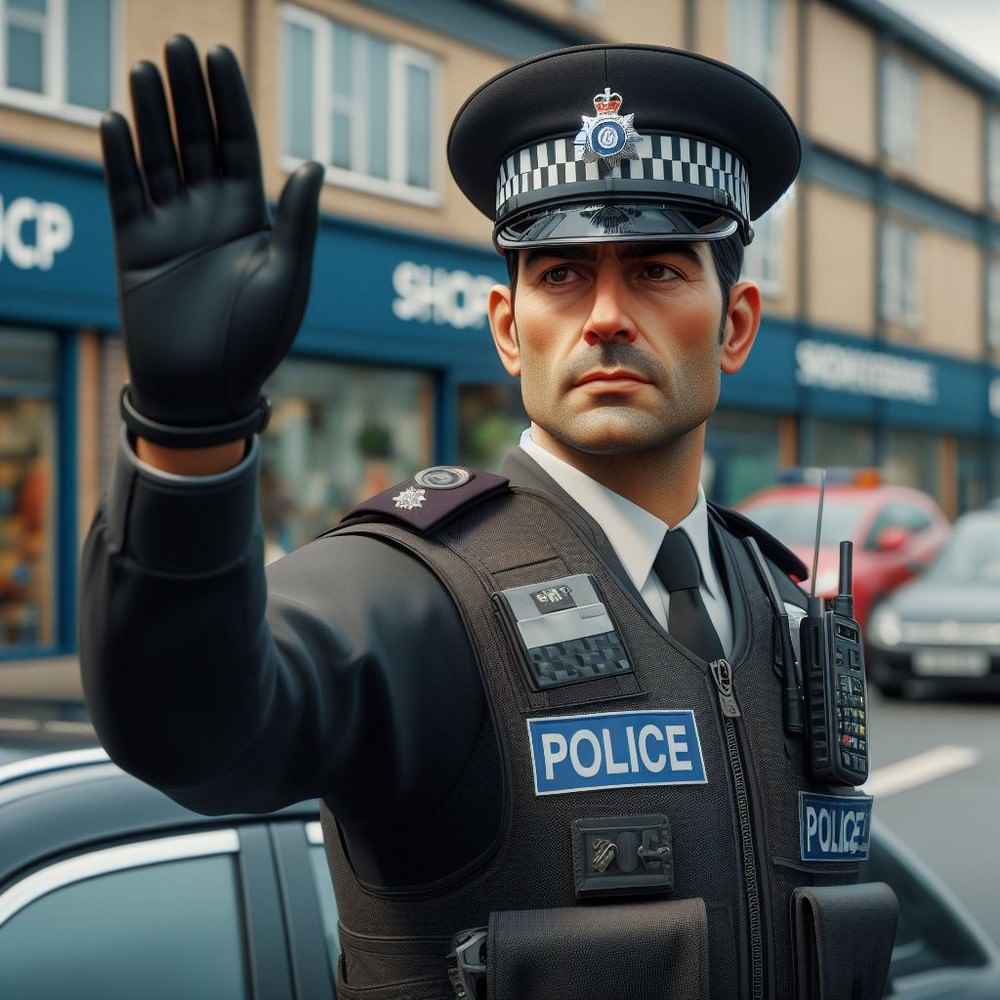Appealing against a driving ban
Receiving a driving ban can be a difficult situation for many people. In some cases, it can bring about financial hardship, since the individual will have to find alternate methods of transportation. Whilst the person who receives a driving ban is usually guilty of some sort of driving offence, there may be ways to have the ban reduced or overturned. In the end, going through the appeals process might help you to get your licence back sooner, which can alleviate some of the hardships from which you are suffering.

Filing an Appeal
If you feel as though the punishment that you received was too severe for your offence, you can immediately file an appeal. It is important that you do things the right way by filing a legal appeal so it is a good idea to hire a lawyer to help you with this appeal, as this ensures that everything is handled properly.
The appeals process starts when you file a claim with the Crown Court. The judge will then listen to your complaints about the situation and will decide to either uphold the original decision, rescind your driving ban completely or have the case sent back to the Magistrates' Court for a new hearing. You have 21-days from the time you driving ban starts to file an appeal, so it is best to get on this as quickly as possible to avoid additional delays before you can start driving again.

Driving Before the Hearing
If you need to drive for work or another emergency, it is possible to have your driving ban suspended whilst the courts work through your appeal. You will, however, have to apply for the suspension of your disqualification through the Magistrates' Court. Do not attempt to drive without getting the ban temporarily lifted, as this could lead to a longer suspension. You can only drive if your application is approved, so wait for word before getting behind the wheel of a vehicle.
Reasons for Filing an Appeal
You cannot file an appeal just because you want to drive, as you must have a legitimate reason for doing so. You can appeal your conviction, for starters, if you feel like the driving ban was unfairly imposed. Make sure that you have evidence to support your claims, as simply stating that you did not commit the offence will not suffice.
You can also file your appeal based on the punishment that you received. For example if you plead guilty to an offence, but still receive the maximum driving ban, you might have a case to have the ban reduced. Most of these driving bans are based on statutes, so you should have information on what others have received for similar driving offences before you begin.
Conviction Because of Missed Hearing
In some cases, those who have been convicted might not even know about their hearings beforehand, so they cannot defend themselves during a hearing. In these cases, it is a good idea to apply for a re-hearing of the case, rather than filing an actual appeal. You will have to explain to the court that you did not know about your original hearing and they might give you another chance. If they do not re-list your case, you will have to file an appeal.
Receiving the Proper Advice
Countless people go into these cases without receiving the proper advice beforehand. In some cases, drivers do not realise how serious these cases are, so they do not bother contacting a solicitor. These same people are then extremely upset when they receive a driving ban.
The courts are not lenient towards those who do not receive legal guidance throughout their cases, as this is not a good enough reason to file a successful appeal. As a result, anyone who is facing a potential driving ban is encouraged to find legal help the first time around, as this may help to at least reduce the length of time you are disqualified for.